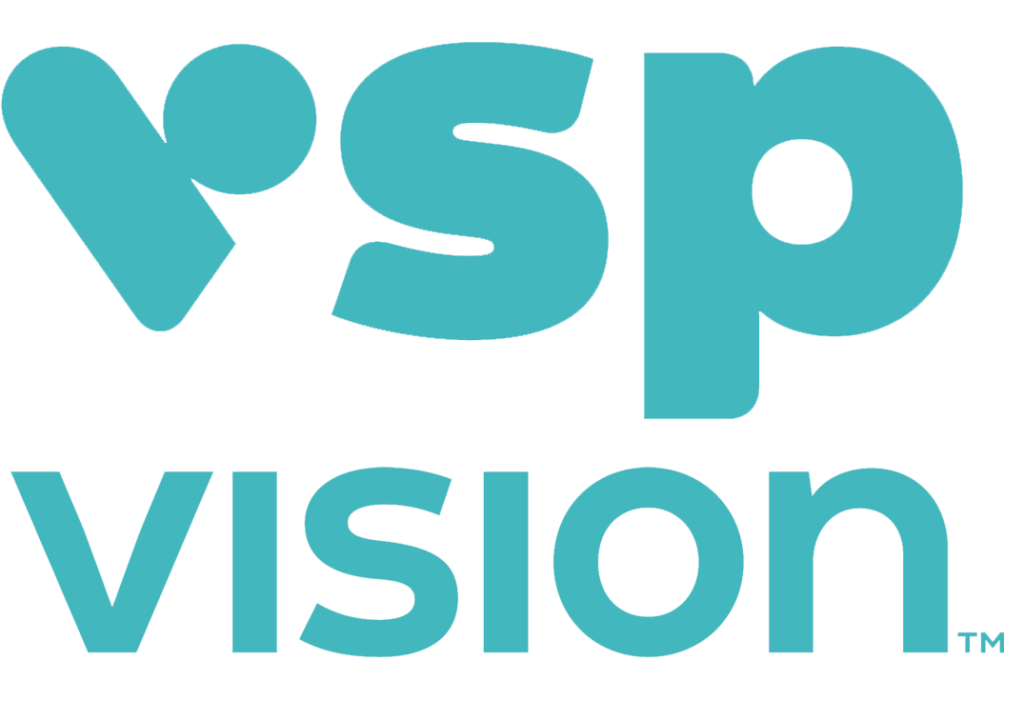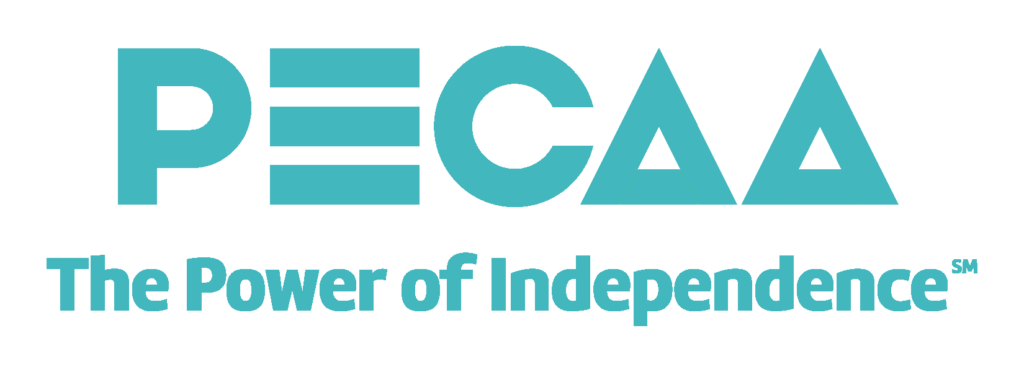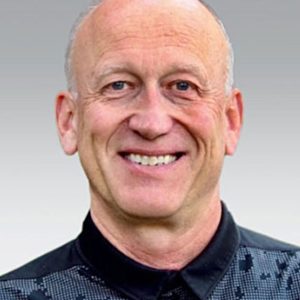E-Prescribing Exemptions:
- An electronic data transmission prescription is unavailable due to a temporary technological or electrical failure. For purposes of this paragraph, “temporary technological or electrical failure” means failure of a computer system, application, or device, or the loss of electrical power to that system, application, or device, or any other service interruption affecting the certified electronic data transmission prescription application used to transmit the prescription.
- The prescribing health care practitioner is issuing a prescription to be dispensed by a pharmacy located outside California.
- The prescription is issued at a time when a patient’s regular or preferred pharmacy is likely to be closed.
- The prescription is for eyeglasses or contact lenses.
- The prescription is issued by a prescribing health care practitioner serving as a volunteer in a free clinic and receives no remuneration for their services.
- The prescription is issued by a prescribing health care practitioner under circumstances whereby the practitioner reasonably determines that it would be impractical for the patient to obtain substances prescribed by an electronic data transmission prescription in a timely manner, and the delay would adversely impact the patient’s medical condition.
- The prescription that is issued includes elements not covered by the latest version of the National Council for Prescription Drug Programs’ SCRIPT standard, as amended from time to time.
A health care practitioner who issues a prescription for a controlled substance but does not transmit the prescription as an electronic data transmission prescription shall document the reason in the patient’s medical record as soon as practicable and within 72 hours of the end of the technological or electrical failure that prevented the electronic data transmission of the prescription.





